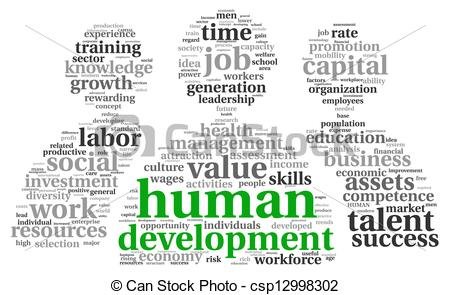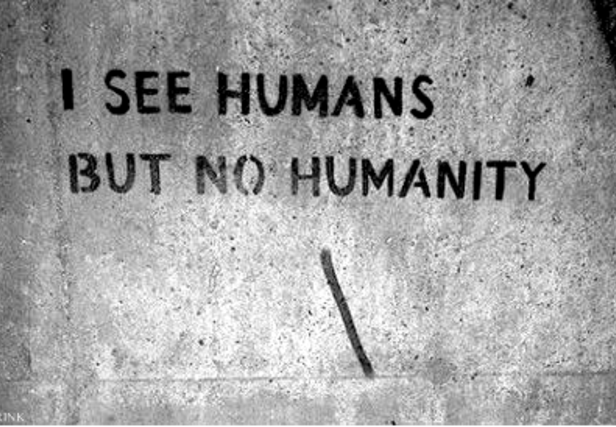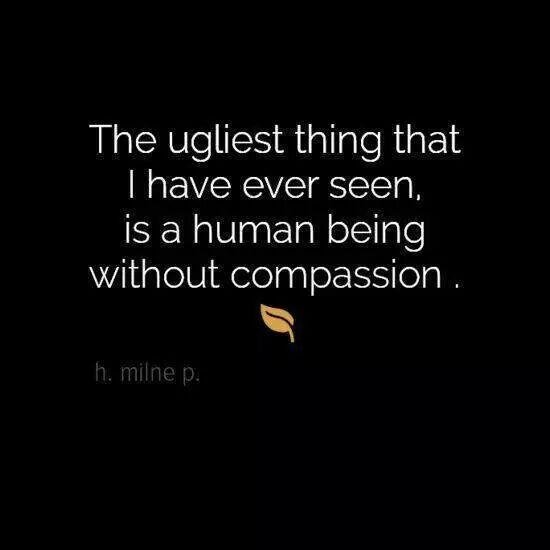
Image Source
Man is a body, similarly this might be said of each other animal organism. Then again, man has a body. That is, man experiences himself as an element that isn't indistinguishable with his body, however that, despite what might be expected, has that body available to its.
As such, man's experience of himself dependably floats in a balance amongst being and having a body, a balance that must be changed over and over. This whimsy of man's experience of his own body has certain results for the examination of human activity as conduct in the material environment and as externalization of subjective implications.
A sufficient comprehension of any human phenomenon should contemplate both these perspectives, for reasons that are grounded in fundamental anthropological facts. It ought to be clear from the prior that the statement that man produces himself not the slightest bit suggests a type of Promethean vision of the solitary individual.
Man's self-production is dependably a social enterprise. Men together create a human environment, with the totality of its sociocultural and psychological developments. None of these arrangements might be comprehended as products of man's organic constitution, which gives just as far as possible to human beneficial activity.

Image Source
Similarly as it is unthinkable for man to create as man in confinement, so it is outlandish for man in seclusion to deliver a human environment. Solitary human being will be being on the animal level. When one watches phenomena that are particularly human, one enters the domain of the social.
Man's particular humanity and his sociality are inseparably interlaced. Homo sapiens is dependably, and in a similar measure, homo socius P . The human organism does not have the essential natural intends to give soundness to human conduct. Human existence, in the event that it were tossed back on its organismic assets without anyone else's input, would be existence in some kind of chaos.
Such chaos is observationally inaccessible, despite the fact that one may hypothetically think about it. Observationally, human existence happens in a setting of order, course, security. The inquiry at that point emerges, From what does the observationally existing security of human order infer?
An answer might be given on two levels. One may first point to the conspicuous actuality that a given social order goes before any individual organismic development. That is, world-openness, while characteristic for man's natural cosmetics, is dependably pre-empted by social order. One may state that the organically natural world-openness of human existence is dependably, and undoubtedly should be, changed by social order into a relative world-closedness.

Image Source
While this reclosure can never inexact the closedness of animal existence, if simply because of its humanly created and along these lines artificial character, it is by the by able, more often than not, of giving guidance and soundness for most of human conduct. The inquiry may then be pushed to another level. One may ask in what manner social order itself emerges.
The most broad response to this inquiry is that social order is a human item, or, all the more correctly, a continuous human production. It is delivered by man over the span of his progressing externalization. Social order isn't organically given or got from any natural information in its exact manifestations.
Social order is additionally not given in man's common habitat, however specific highlights of this might be factors in deciding certain highlights of a social order. Social order isn't a piece of the nature of things, and it can't be gotten from the laws of nature . Social order exists just as a result of human activity. No other ontological status might be credited to it Without miserably muddling its experimental manifestations. Both in its beginning and it's existence in any moment of time, it is a human product.

Image Source
References:
http://hdr.undp.org/en/humandev
https://en.wikipedia.org/wiki/Human_development_(humanity)
https://peabody.vanderbilt.edu/departments/psych